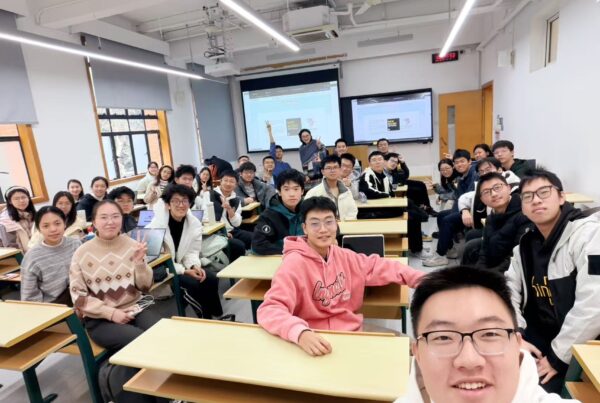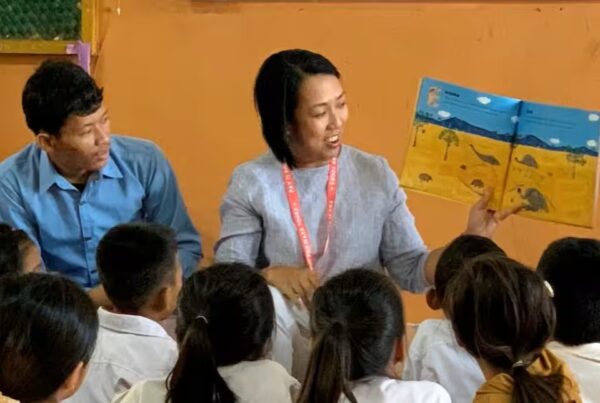How do street-level bureaucrats in Austria’s public service deal with linguistic diversity?
In this episode of the Language on the Move podcast, I speak with Dr Clara Holzinger (University of Vienna) about her PhD research investigating how employment officers deal with the day-to-day communication challenges arising when clients have low levels of German language proficiency.
If you enjoy the show, support us by subscribing to the Language on the Move Podcast on your podcast app of choice, leaving a 5-star review, and recommending the Language on the Move Podcast and our partner the New Books Network to your students, colleagues, and friends.
Further reading
Holzinger, C. (2020). ‘We don’t worry that much about language’: street-level bureaucracy in the context of linguistic diversity. Journal of Ethnic and Migration Studies, 46(9), 1792-1808.
Holzinger, C. (2023). “Wir können nicht alle Sprachen der Welt sprechen”. Eine Studie zu Street-level Bureaucracy im Kontext migrationsbedingter Heterolingualität am Beispiel des österreichischen Arbeitsmarktservice [“We can’t speak all the languages of the world”. A study of street-level bureaucracy in the context of migration-induced heterolingualism as exemplified by Austrian employment services]. PhD thesis. Universität Wien.
Holzinger, C., & Draxl, A.-K. (2023). More than words: Eine mehrsprachigkeitsorientierte Perspektive auf die Dilemmata von Street-level Bureaucrats in der Klient*innenkommunikation. Zeitschrift für Soziologie, 52(1), 89-104.
Scheibelhofer, E., & Holzinger, C. (2018). ‘Damn it, I am a miserable eastern European in the eyes of the administrator’: EU migrants’ experiences with (transnational) social security. Social Inclusion, 6(3), 201-209.
Scheibelhofer, E., Holzinger, C., & Draxl, A.-K. (2021). Linguistic diversity as a challenge for street-level bureaucrats in a monolingually-oriented organisation. Social Inclusion, 9(1), 24-34.
Transcript (coming soon)







 This work is licensed under a
This work is licensed under a
I appreciate this kind of research since it deals with the street level where linguistic challenges arise. Dr. Holzinger has discussed many significant interactions that show how linguistic diversity poses a challenge to communication in government-shared offices. For instance, legal migrants are entitled to receive benefits from the government. However, language plays a significant role in claiming such benefits. The common belief that the German language is a prerequisite for interacting with the offices has hindered many clients’ ability to speak it. As mentioned by the interviewees, many clients were hesitant to speak at all if they did not know the German language well. This instance demonstrates a symbolic language barrier that shows the negotiating power structure, as discussed by Dr. Holzinger.
Further, the study found that linguistic diversity offers some extra workload for the bureaucrats; fortunately, they were still motivated to help their clients communicate by executing strategies to combat language barriers. According to the interview, they employed the use of a piece of paper, sought assistance from an interpreter (if it is available), created a positive atmosphere for the clients to feel safe and speak the German language, also made use of the drawings, hands, and feet to communicate with the migrant. These strategies and efforts are a symbol of inclusivity.
However, even if there are efforts to address these challenges, it is undeniable that there is a lack of policy and vision, as mentioned by Dr. Ingrid, where a necessary solution is a call for a coherent institutional policy funded for resources to deal with linguistic diversity.
The need to conduct such a study is necessary to address the common linguistic barriers and to have a genuinely multilingual society where everybody has the confidence to speak their language.
Thank you, Malou, for sharing your thoughts and summarizing the key take-away messages of the interview so well!